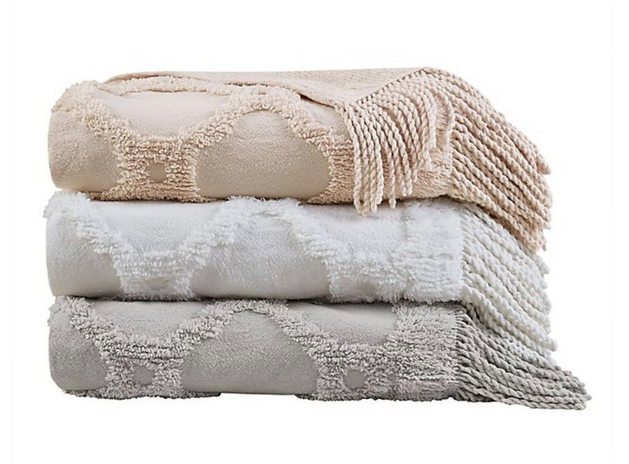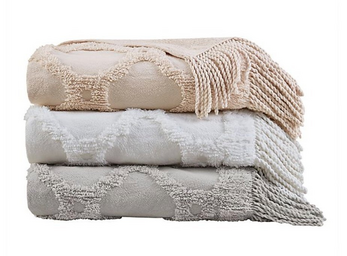A couple of years ago my friend told me that after his grandmother had passed, his other friend asked her own grandmother to knit a pair of Christmas socks for him in addition to her.
I, too, took it upon myself to knit a pair of socks for him as a Christmas present. Because honestly, if you can’t get the authentic grandma-made ones, you can probably do with as many replacements as possible.
This little hobby turned into the tradition of making presents for my other loved ones (the grandma industry has gone downhill and barely produces hand-knit socks anymore). These days, I spend October through December sneakily checking my friends’ shoes for their sizing, analyzing their outfits for reoccurring color combinations, lugging home bags full of yarn, and, of course, knitting like an absolute madman.
While knitting is thought to be a terribly unsexy and boring hobby, I’ve realized that it fits in perfectly with my personal philosophy of life.
We’re constantly expected to be building our resumes and polishing our social media personas. If we dare pick up a hobby with no material benefits, then it’d better either contribute to our personal brand or, at the very least, keep us fit and refreshed, so we can produce material benefits for someone else more effectively.
Knitting gifts for other people does absolutely none of these things.
I can’t exactly frame my hobby as a direct action against capitalism. Obviously, I have to buy my yarn and I can’t quite afford it hand-spun and farm-fresh on a student budget. But when I sit down to knit, I’m taking time from my day to practice an unmarketable skill for my own enjoyment, only to give away the fruits of my labor free of charge. I’d say a basic pair of socks takes me at least a workday’s worth of active knitting; multiplied by the number of socks I give away each year, it’s safe to say I “waste” at least a full week on the project each winter. And since we’ve come to conceptualize “work” as a facet of our identities rather than as an activity we do, being purposefully unproductive feels almost criminal.
It’s taken me a great deal of unlearning to stop feeling guilty about prioritizing my own well-being and even pleasure over “the grind”. All around me I see friends and family working themselves to the bone for no reason other than the guilt instilled in us about staying still. Looking at them, I feel grateful for my natural inclination towards laziness. I appreciate even more the little voice in my head that stops me from taking an extra class or an extracurricular project if it means disrupting any part of my three-meals-a-day, eight-hours-a-night, something-nice-every-day lifestyle.
With the advancement of technology comes the expectation of constant availability; and with the expectation of constant availability, the pressure of constant productivity. We’re quickly moving towards a public consensus that since there’s a little device in your pocket that enables you to handle almost any issue anytime anywhere, you should be willing to do so. But just because we can live at an extreme pace these days doesn’t mean we have to.
My grandmother is yet to figure out texting. So, whenever we speak on the phone, she mostly talks about the recipes she’s tried and the walks she’s taken (though, in the name of honesty, I must admit she doesn’t knit either). In some ways, this is exactly the sort of slow living I aspire to incorporate into my own day-to-day. Knitting, just like baking my own bread and taking a couple days to answer an email, is a small way of doing that.
Not everything has to be done right now. Not everything has to be done tomorrow. And if it comes at the expense of our health and wellbeing, it doesn’t have to be done at all.


